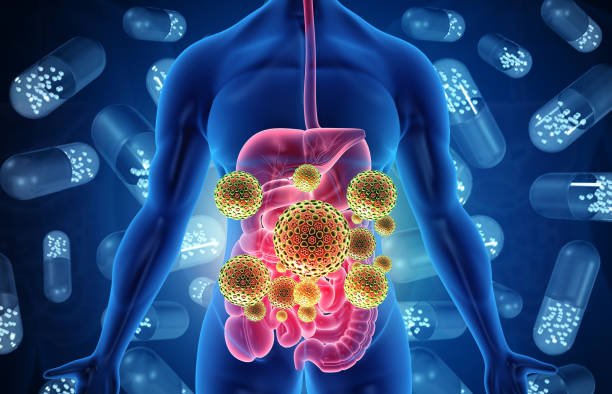3/5/2024: Our bodies are like intricate machines, constantly working to maintain a healthy internal environment. While the heart might be the pump that keeps everything moving, the real filtration champions are a dedicated team of organs working tirelessly behind the scenes.
Unlike a simple coffee filter, our bodies don’t have a single point of filtration. Instead, we have a network of organs, each with its specialized filtering function:
- The Kidneys: The Powerhouse of Waste Removal: Often called the body’s natural filtration system, the kidneys are a pair of bean-shaped organs located near your lower back. They act as the primary waste disposal unit, constantly filtering blood to remove excess fluid, toxins, and waste products produced by cellular metabolism. These waste products are then expelled from the body as urine.
- The Liver: The Multitasking Detoxifier: The liver, the largest organ in the body, is a true multitasker when it comes to filtration. It acts as a detoxifying center, processing and breaking down toxins like medications, alcohol, and pollutants from the environment. It also plays a role in regulating blood sugar levels, producing bile (essential for fat digestion), and synthesizing important proteins.
- The Lungs: Breathing Easy and Filtering Out Impurities: Our lungs are constantly filtering the air we breathe. Lined with tiny hairs called cilia, they trap dust, pollen, and other airborne particles before they enter the bloodstream. The lungs also remove carbon dioxide, a waste product of cellular respiration, and expel it through exhalation.
- The Spleen: The Immune System’s Filter: Located near the stomach, the spleen acts as a filter for blood cells. It removes old, damaged, or abnormal red blood cells, while also playing a role in the immune system by storing white blood cells and filtering out bacteria.
- The Skin: The Body’s Largest Barrier and Filter: Our skin, the largest organ of the body, acts as the first line of defense against external threats. It filters out dust, dirt, and pathogens, preventing them from entering the body. It also helps regulate body temperature through sweating, which removes excess water and electrolytes.
- The Lymphatic System: The Body’s Drainage Network: The lymphatic system is a network of vessels and tissues that transports fluid called lymph throughout the body. Lymph fluid carries waste products, dead cells, and pathogens away from tissues and toward lymph nodes, which act as filters, trapping harmful substances before they can enter the bloodstream.
It’s important to note that these filtration systems work best when we support them with healthy habits:
- Hydration is Key: Drinking plenty of water helps the kidneys flush out waste products effectively.
- Nourish Your Body: A balanced diet rich in fruits, vegetables, and whole grains provides the essential nutrients these organs need to function optimally.
- Limit Toxins: Reducing your exposure to toxins like smoking, excessive alcohol, and environmental pollutants can lessen the burden on your filtration systems.
- Regular Exercise: Physical activity promotes healthy blood flow, which aids in the delivery of nutrients and removal of waste products by the filtration organs.
- Quality Sleep: Allowing your body adequate rest time gives your filtration systems a chance to recharge and function at their best.
By understanding the amazing filtration network within our bodies and supporting it with healthy habits, we can optimize their function and contribute to a healthier overall well-being. Remember, these hardworking organs are the silent guardians of our internal environment, so let’s give them the care they deserve!

Leave a Reply